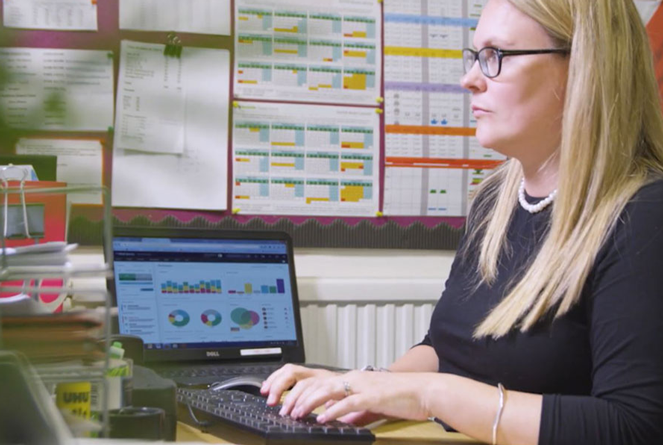Introduction
The UK’s 2025 Curriculum and Assessment Review marks a key moment in shaping the future of primary education. After growing concern over outdated frameworks, rigid assessments, and a lack of inclusivity, the final report reimagines what and how pupils should learn.
In this first part of our blog series, we focus on the key insights and recommendations from the latest review that are most relevant to primary schools, and what they could mean for teachers, leaders, and pupils.
What the 2025 curriculum review aims to achieve for primary education
The review makes it clear that the national curriculum isn’t just an educational framework, it’s a foundation for shaping the country’s future. A well-designed curriculum equips pupils with the essential knowledge and skills needed to succeed academically and personally, helping them grow into curious, confident learners.
Crucially, the report calls for the removal of barriers that have long held back vulnerable learners, promoting high standards for all pupils regardless of background. It also emphasises the importance of teachers—not simply as content deliverers but as creators of curiosity—whose skill in encouraging early engagement lays the groundwork for lifelong learning.
Getting the basics right for lasting pupil progress
The review highlights that primary education must focus on developing strong foundations in literacy, numeracy, and a love of learning. Pupils should leave primary school with the enthusiasm and confidence to embrace new subjects as they move into secondary education.
It stresses that transitions between Key Stages—especially from Key Stage 2 to Key Stage 3—should be more successful, ensuring continuity and momentum in learning. While the panel states that the current structure of Key Stages and national assessments is “broadly working well,” there is still a need to refine how progress is monitored and supported.
For primary leaders, this means clear and consistent assessment processes will remain essential. Tools like Juniper’s Sonar Tracker already play a key role here, helping teachers monitor attainment and progress across the curriculum, identify gaps early, and ensure no pupil slips behind during these critical transition points.
Challenge, depth, and enrichment
The review reinforces that a great curriculum doesn’t just teach content—it inspires exploration. Schools are encouraged to create space beyond the national curriculum for locally tailored content and enrichment activities, allowing pupils to thrive both academically and personally.
At the same time, pupils must build solid foundations and master key concepts. The review recognises that teachers need the flexibility to challenge high attainers while supporting pupils who need more time to grasp essential skills—an approach already supported through data-driven tools like Sonar Tracker, which help teachers make informed decisions in the classroom.
Inclusivity and representation in the primary curriculum
The review goes on to say that all children should see themselves reflected in what they learn. The review highlights the importance of inclusivity, ensuring the curriculum represents diverse experiences and perspectives.
This not only supports equality but also helps pupils broaden their horizons and better understand one another, building empathy and community within the classroom.
Social and technological change
To prepare pupils for a digital future, the report calls for schools to build digital skills, media literacy, financial understanding, and oracy into teaching from an early age. These are vital life skills that help children think critically and adapt to an evolving world.
From review to real change in the classroom
The 2025 Curriculum Review gives primary schools the chance to rethink how they nurture curiosity, inclusivity, and progress. But how can schools turn these ambitions into action?
At Juniper Education, Sonar Tracker helps teachers do just that, transforming insights into meaningful action. It supports schools to track progress effectively, make informed decisions, and reduce workload so teachers can focus on what matters most: teaching and inspiring pupils to thrive.
Stay tuned...
In our next blog, we explore how the 2025 curriculum review impacts secondary schools, including assessment changes and post-16 developments.


/Primary%20school%20.jpg?width=2000&name=Primary%20school%20.jpg)








.png?width=940&height=788&name=Lingfield%20College%20Case%20Study%20(5).png)
-1.png?width=1000&height=833&name=National%20Association%20of%20Head%20Teachers%20(3)-1.png)
-3.png?width=1080&height=1080&name=Untitled%20design%20(10)-3.png)





